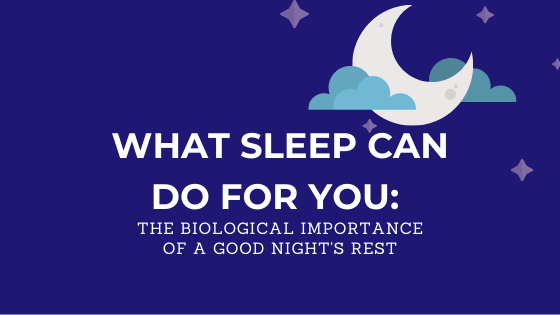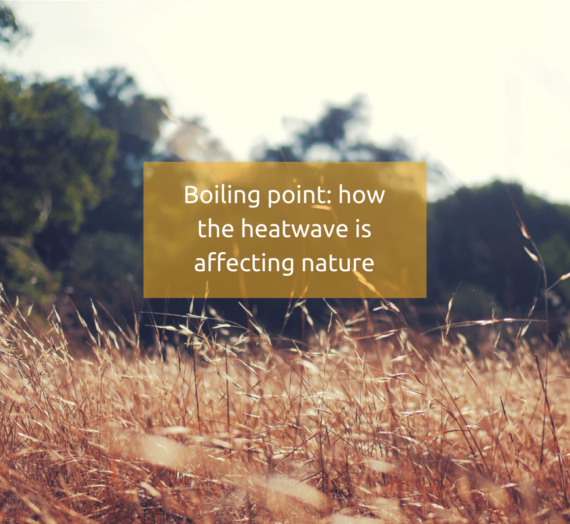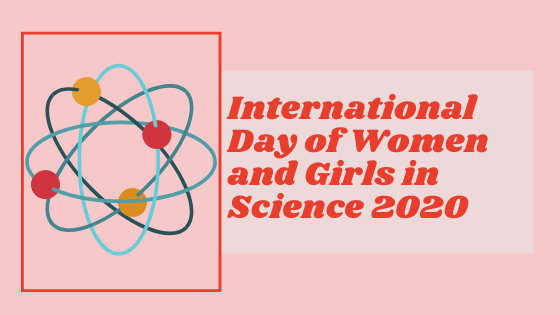Is getting a better night’s sleep one of your new year’s resolutions? If not, it should be! Find out more about the power of sleep in our latest guest post from Jeniffer Jeyakumar, who shares what she’s learnt about the benefits of rest from the book ‘Why We Sleep’ by Matthew Walker. Don’t hit snooze on this one!
How important is sleep, really?
When was the last time you had an early night? We can find ourselves staying up late for several reasons, perhaps last-minute cramming for an exam, responding to work emails, or even ending up down the rabbit hole that is social media scrolling. We are always told that we need 8 hours of sleep, but do we really know how beneficial this is?
I for one didn’t truly understand the impact that sleep, or lack thereof, can have on us until I read the book ‘Why We Sleep’ by Matthew Walker. In the book, he details how sleep can affect almost all areas of our lives; our health, eating habits, and even memory. It was truly eye-opening how much this unconscious state can affect us if we don’t get enough of it, so let’s dive right in to some of my key takeaways from the book.
What actually happens during sleep?
Sleep can be split into four stages. Stages 1 to 3 are known as non-rapid eye movement (REM) sleep and the final stage consists of REM sleep.
- Stage 1: Stage 1 is the lightest phase of sleep. During this stage, you can easily be woken up and you still can move your muscles.
- Stage 2: This stage consists of slightly deeper sleep. This phase is categorised by a fall in body temperature and a slowing in the movement of your eyes. At this stage, the sleep spindles within your brain prevent you from being awoken.
- Stage 3: This is the deepest phase of NREM sleep. Sleepwalking and talking can occur at this stage of the sleep cycle.
- Stage 4: The REM sleep phase, when brain waves can mimic the waves seen when you are awake. Whilst your breathing and heart rate is elevated, dreaming can occur. If awoken at this stage, it may be possible to remember your dreams.

Throughout the night, you will typically undergo several sleep cycles each lasting anywhere between 90 and 120 minutes each.
Why do we fall asleep?
So, what enables us to fall asleep each night? A hormone named melatonin works with your circadian rhythm to help your body regulate your sleep cycle. This hormone was initially thought of simply as the ‘sleep hormone’ which would increase in levels to put you to sleep, however, over the years, research has indicated that the story is actually a little more complex. It has been found that melatonin responds to light. During the day, excitatory signals are sent from the hypothalamus in response to the light, which suppresses melatonin release. At night, the opposite occurs, which causes melatonin to be released.
The hypothalamus is both responsible for sending signals to the pituitary gland to release melatonin, as well as regulating the circadian rhythm. A rise in melatonin usually occurs about 2 hours before your bedtime which helps to promote sleep.
What happens when you stay up late?
When we rebel and decide against letting sleep take over, we normally think it gives us more hours in the day to be productive. However, it turns out that the opposite is actually true, staying up past your bedtime doesn’t just make you more tired, it also affects how your body regulates various processes.

One example of this how our bodies regulate our food intake. Two hormones, named leptin and ghrelin work to either increase or decrease your appetite, causing you to want to eat at certain times of the day. Leptin, which is released by fat tissue, sends signals to the hypothalamus to let it know that you are full, decreasing your appetite. Conversely, ghrelin, released from the stomach, sends signals that make you hungry and lets you know it’s time to eat. Studies have shown that a lack of sleep decreases leptin levels and increases ghrelin. It also activates the orexin system which causes you to crave more food.
A study by Weiss, et al. aimed to explain the link between lack of sleep and obesity. The study demonstrated that a shorter sleeping period increased the number of calories consumed by adolescents almost two-fold. The foods eaten contained a high-fat content, which implied that the reward behaviour system was also stimulated. An additional theory states that, as you are awake for longer, you have more time to eat than you would in a shorter day, causing you to eat more than you would normally.
How does sleep affect memory?
Our eating habits are not the only process to be affected by the lack of sleep. Memory and the ability to consolidate memories can also be harmed. It is already well known that a good night’s sleep allows the brain to retain information that you have learnt the previous day. What has recently been studied is how sleep deprivation harms this process. In a study by Devore, et al., the sleeping habits of a group of women were observed over a period of six years. The researchers found that the women who got less than five hours sleep per night scored lower on the cognition tests than those who had an average of seven hours sleep each night. Just two hours difference had a significant impact on cognition and the ability to remember information.
Several studies carried out on mice have been used to try and explain this cognitive decline. One study looking into the brains of mice, that were lacking in sleep, found more beta-amyloid deposits than in mice that slept more. In healthy brains, this protein is usually broken down and cleared away, however, elevated levels are linked to an increased risk of dementia and memory decline. Scientists are still unsure whether these protein deposits are usually broken down during sleep, or whether lack of sleep actually causes build-up to occur.

Another study carried out in mice has found that a reduction in sleep can cause neurons to lose connections with other neurons within the hippocampus. This can affect how much you remember, as the formation of these inter-neuron connections is how memories get stored within the brain.
These are just a few examples of how getting less than seven to nine hours of sleep each night affects how our bodies regulate different functions and processes. Although there is more research to be done surrounding the impact of sleep, one thing is certain – biologically, we need it more than we realise. The next time you think about staying up late to catch up on that TV show or to cram for an exam, I implore you to think about the ways you are negatively impacting your body.
About the author:
Jeniffer Jeyakumar graduated from University of Leicester with a Biological Sciences degree specialising in Neuroscience in her last year. She currently works in science publishing where she learns about Open Access and the benefits of open peer review.
References:
- Zakri, J., 2020. Stages Of Sleep – Non-REM And REM Sleep Cycles | Tuck Sleep. Tuck Sleep
- Huffington, A., 2016. The Sleep Revolution. Penguin Random House USA.
- Zisapel, N., 2018. New perspectives on the role of melatonin in human sleep, circadian rhythms and their regulation. British Journal of Pharmacology, 175(16), pp.3190-3199.
- Khullar, A., 2020. The Role Of Melatonin In The Circadian Rhythm Sleep-Wake Cycle. [online] Psychiatric Times. Available at: <https://www.psychiatrictimes.com/view/role-melatonin-circadian-rhythm-sleep-wake-cycle>
- SleepScore. 2020. Melatonin And Circadian Rhythm: Role Of Melatonin In Circadian Rhythm. [online] Available at: <https://www.sleepscore.com/relationship-melatonin-circadian-rhythm/>
- Dubocovich, M., 2007. Melatonin receptors: Role on sleep and circadian rhythm regulation. Sleep Medicine, 8, pp.34-42.
- Buscemi, N. and Witmans, M., 2006. What is the role of melatonin in the management of sleep disorders in children?. Paediatrics & Child Health, 11(8), pp.517-519.
- LeWine, H., 2020. Too Little Sleep, And Too Much, Affect Memory – Harvard Health Blog. [online] Harvard Health Blog. Available at: <https://www.health.harvard.edu/blog/little-sleep-much-affect-memory-201405027136>
- ScienceDaily. 2020. How Sleep Deprivation Harms Memory. [online] Available at: <https://www.sciencedaily.com/releases/2016/08/160823125219.htm>
- Devore, E., Grodstein, F., Duffy, J., Stampfer, M., Czeisler, C. and Schernhammer, E., 2014. Sleep Duration in Midlife and Later Life in Relation to Cognition. Journal of the American Geriatrics Society, 62(6), pp.1073-1081.
- BOOST Thyroid: Hashimoto’s and Hypothyroid App. 2020. How Sleep Affects The Immune System — BOOST Thyroid: Hashimoto’s And Hypothyroid App. [online] Available at: <https://www.boostthyroid.com/blog/2018/8/8/how-sleep-affects-the-immune-system>
- Walker, M., 2018. Why We Sleep: The New Science Of Sleep And Dreams. 1st ed. Penguin.
If learning a new skill is another of your new year’s resolutions, why not treat yourself to two weeks of Skillshare premium for FREE and learn some new skills? Click here to find out more!




